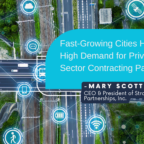
The U.S. is experiencing a significant surge in population growth in certain regions, increasing the demand for enhancing or expanding basic infrastructure. Public officials in high–growth regions struggle to expand housing, water, roadways, education facilities, healthcare, and public safety. Southern states, including South Carolina, Florida, and Texas, increased their populations about four times faster than […]
View this complete post...











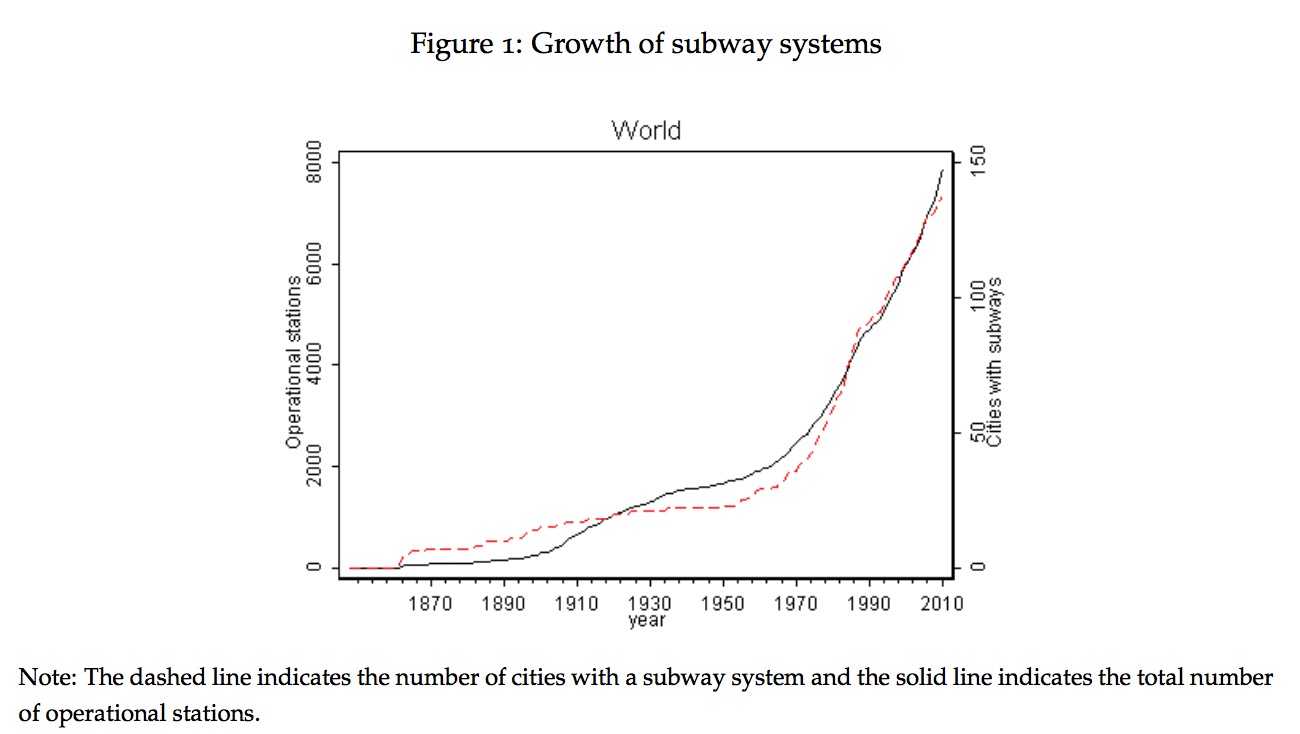
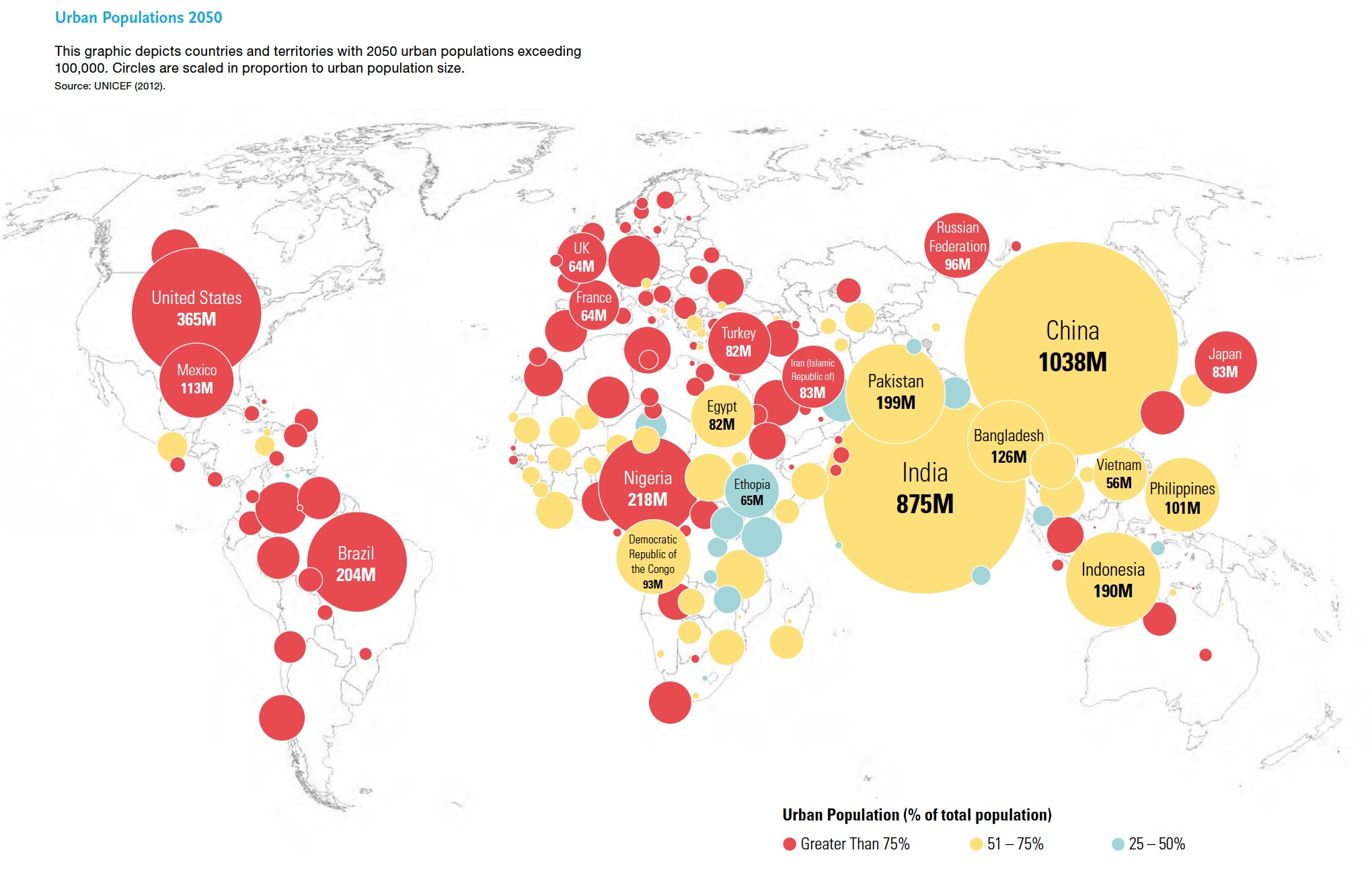
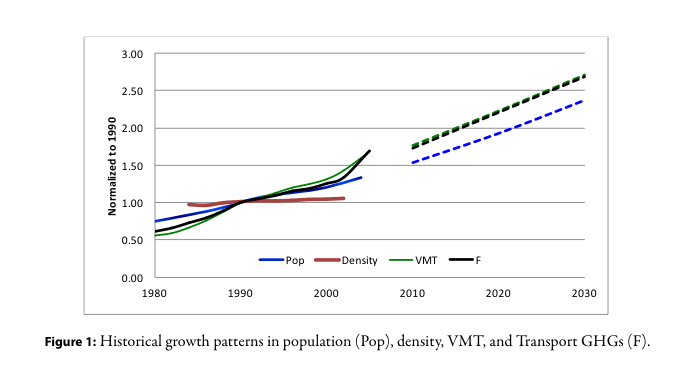
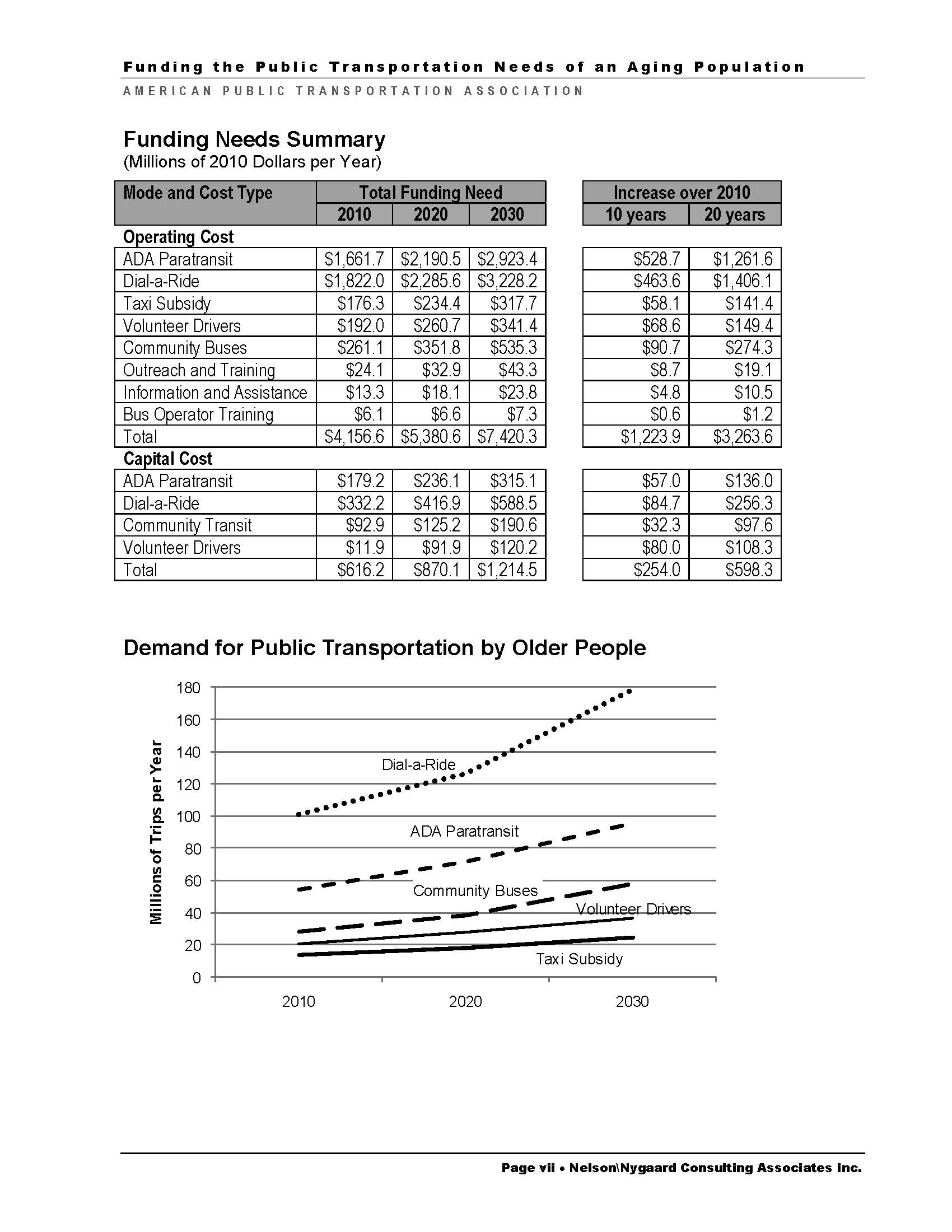

 RSS Feed
RSS Feed